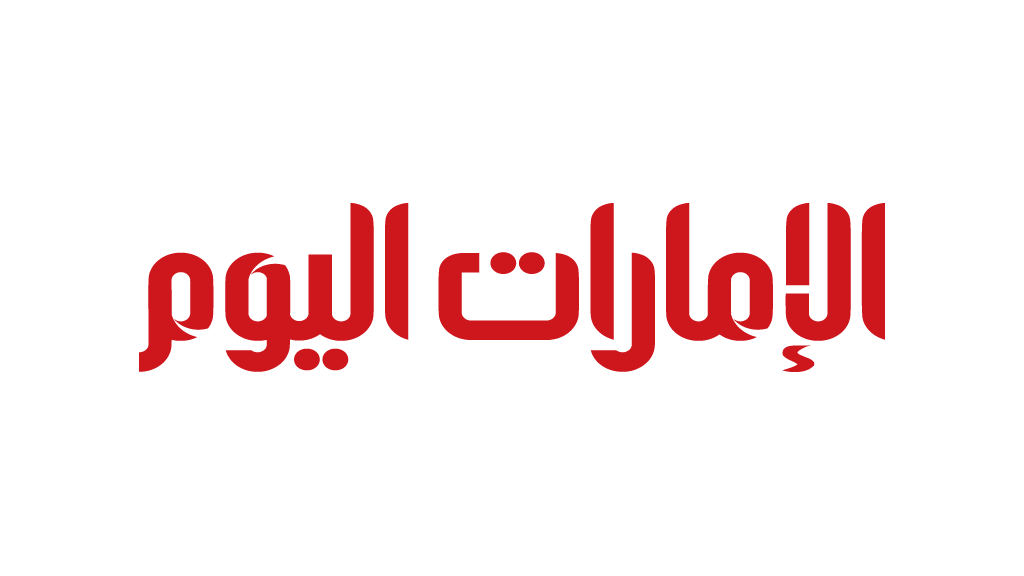The National Center for Space Science and Technology at Emirates University, in cooperation with the Emirates Space Agency, held a session “Reviewing the final design of a mini-satellite project, to demonstrate the uses of radio frequency signaling techniques to improve the ability to investigate geographic locations through the global navigation satellite system”, in the presence of the center’s team and a team Agency and Technical Commission of Experts, where the session was held remotely via video technology.
The satellite is expected to launch into low-Earth orbit during the first quarter of 2021.
The Director General of the Agency, Dr. Eng. Mohammed Nasser Al-Ahbabi, stressed that the satellite being developed in advanced facilities within the National Center for Space Science and Technology at the Emirates University will enhance the capabilities of the UAE in finding solutions to some challenges using the space resources available through the satellite network that It is owned and operated by the state, which is considered among the most modern and diversified in terms of uses, and its services reach most of the countries of the world and many remote areas.
Al-Ahbabi indicated that the process of developing this scientific satellite contributes to upgrading knowledge and expertise in the space fields for students in the country, especially those who aspire to work in the space sector in the future, and played a fundamental role in the development of the sector in the short and long term, where this process comes as a high-level practical training .
For his part, the director of the National Center for Space Science and Technology at the university, Dr. Khaled Al-Hashemi, pointed out that the project will enable the UAE to promote innovative approaches and technologies through the development and use of miniature satellite technologies, and it is expected to launch the satellite into a low orbit during the first quarter of 2021.
He explained that the remote review session covered the details of accomplishing the mission goals for which the satellite was designed through developing and experimenting with different communication methods, as well as systems for expanding the scope of digital signal reception (GNSS), stressing that the center seeks to obtain intellectual properties for a number of Space technologies, by implementing this project. During the session, the participants reviewed the preparations of the center for the manufacture and testing of the satellite in the complex of manufacturing, installation and testing of satellites at the University of Emirates, which will open in the middle of this year, in addition to the ground station to guide and receive data from the satellite.
The development of the scientific satellite contributes to the advancement of knowledge and expertise in the space fields of students in the country.

